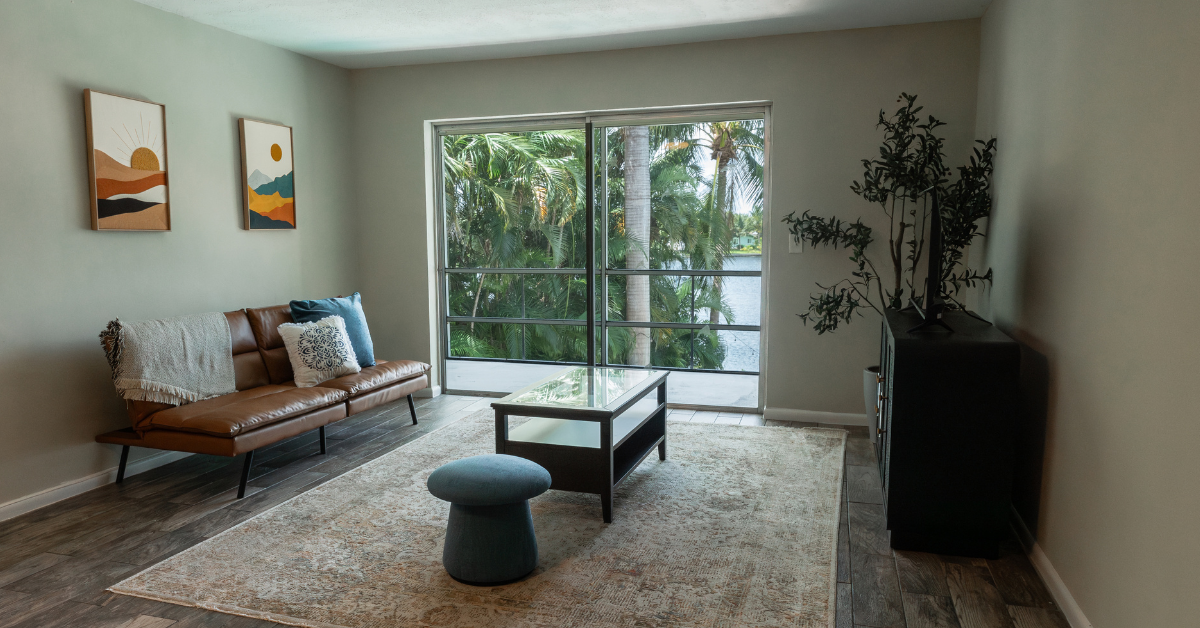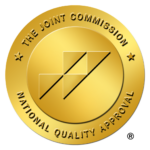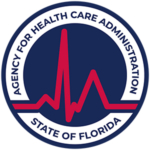Understanding treatment options is a vital part of recovery success if you or someone close to you needs help with addiction or mental health challenges. Mental health treatment’s levels of care are the foundations of a well-laid-out path that aligns your specific needs with appropriate support and professional care. Your experience toward healing needs a treatment approach tailored to your situation.
Recovery paths often include different treatment stages – from intensive inpatient care to continuous outpatient support. Each level has its own purpose and provides different levels of medical supervision, therapy, and support services. This piece explains all addiction and mental health treatment options. It helps you make informed decisions about your care plan as you work with healthcare professionals to achieve lasting recovery.
Inpatient Hospitalization
Mental health and addiction treatment’s most intensive level of care is inpatient hospitalization. The facility offers a secure, well-laid-out environment with 24-hour medical supervision. Patients need this comprehensive care at the time they face severe symptoms that require immediate medical intervention.
Acute care for crisis situations
Medical professionals provide detailed care under constant supervision during mental health or addiction crises. A well-laid-out environment gives you immediate access to doctors and therapeutic support. Your treatment team monitors your condition around the clock and ensures your safety while stabilizing acute symptoms. Professional guidance helps you get through severe mental health episodes or addiction-related emergencies with intensive support.
Medically managed detoxification
Medical supervision is vital to safely withdraw from substances through professionally managed detox. Your dedicated medical team will support you throughout the process. Medical staff will monitor your vital signs and withdrawal symptoms around the clock. The team administers appropriate medications that help manage your discomfort and cravings. Based on your body’s response, they adjust treatment protocols. The medical staff remains prepared to intervene immediately if complications arise.
Dual diagnosis treatment
Mental health challenges combined with substance use disorders need specialized inpatient care that treats these conditions together. Dual diagnosis treatment tackles both issues at the same time and recognizes how mental health and addiction affect each other. Your complete care plan has psychiatric evaluation, medication management, and therapeutic interventions that target both conditions.
Inpatient hospitalization creates a structured environment that builds the foundation of your recovery experience. Your treatment team will work together to help stabilize your condition. This team will prepare you to move to lower levels of care at the right time.
Residential Treatment
A residential treatment center creates a well-laid-out, supportive environment that helps you concentrate on your recovery experience. You’ll receive detailed care for mental health and substance use disorders. The treatment levels of care serve as a bridge between intensive hospital settings and outpatient services and provides an ideal balance of support and independence.
Short-term residential treatment
People who need intensive support but not hospital-level care can benefit from short-term residential programs that last 28-90 days. These programs provide focused treatment in a structured environment. The treatment plan has:
- One-on-one and group therapy sessions
- Education about addiction and prevention of relapse
- Skills to maintain sobriety
- Recovery planning for successful transition
Long-term residential treatment
Complex challenges and dual diagnoses require residential care beyond 90 days, often lasting a year or more. The extended duration helps you build stronger recovery skills and really address the mechanisms of addiction. Long-term programs achieve higher success rates in maintaining sobriety and reducing homelessness compared to shorter programs. You’ll receive detailed support as you focus on personal growth, develop vocational skills and build sustainable recovery strategies.
Therapeutic communities
Therapeutic communities offer a distinctive residential treatment approach that makes the community an active participant in your recovery journey. These programs help you rebuild life skills through peer support and structured activities while emphasizing personal accountability and social learning. You’ll take part in community activities that boost your recovery and develop significant social and vocational abilities.
A dedicated treatment team collaborates with you to create the right residential care plan based on your individual needs, symptom severity, and past treatment history. You’ll find safety and support in this well-laid-out environment as you progress toward lasting recovery. The treatment plans adapt and evolve with your changing needs.
Outpatient Care
You can get vital mental health and addiction support through outpatient care while you handle your daily responsibilities. The treatment options are flexible, and you retain control of your schedule. Different levels of structure and support match your specific recovery needs and fit your lifestyle perfectly.
Standard outpatient treatment
Your trip starts with standard outpatient treatment that involves one to two hours of therapy weekly. These sessions help you stay on track with recovery and tackle ongoing challenges. Working one-on-one with a therapist or joining group sessions builds your coping skills while you balance work, school, or family commitments.
Partial hospitalization programs (PHP)
Partial hospitalization programs offer the most structured outpatient care available. This level of care bridges the gap between residential care and standard outpatient treatment. You’ll spend 4-8 hours each day in a complete treatment program, usually 5-6 days per week. The program delivers services like residential treatment but lets you go home every evening.
Your treatment team will collaborate with you to find the best outpatient level that matches your needs. This level of care addresses your support system, recovery progress, and daily responsibilities. The program adapts as you move forward to ensure you get the right care throughout your recovery experience.
Intensive outpatient programs (IOP)
Intensive outpatient programs offer the perfect balance at the time you need more support than standard outpatient care but nowhere near full-time treatment. IOPs typically require 9-20 hours of weekly treatment and spread these sessions across 3-5 days. The program has:
- Individual and group counseling sessions
- Relapse prevention training
- Mental health education
- Life skills development
- Family therapy options
Aftercare and Continuing Support
Your recovery experience needs continuous support and care after you complete intensive treatment programs. A complete aftercare plan strengthens your progress and prevents relapse with support systems and resources of all types.
Sober living homes
Sober living homes create a clean, supportive space that helps people transition smoothly back to everyday life while staying committed to recovery. These residential settings give residents:
- Regular drug screenings to ensure accountability
- A community of peers who understand the recovery journey
- Clear house rules and curfews that add stability
- Freedom to pursue work and education goals
- A trigger-free space that protects sobriety
- Real-world practice of essential life skills
12-step programs
12-step programs like Alcoholics Anonymous or Narcotics Anonymous provide significant ongoing support to build a strong recovery community. These programs are a great way to get a proven framework that helps you maintain sobriety through regular meetings and sponsorship relationships. The step-by-step approach promotes personal growth, while the fellowship within these groups creates a supportive environment where you can share and learn from others who understand your experience.
Ongoing therapy and counseling
Regular therapy sessions help you understand why certain issues occur and build a stronger recovery foundation. Long-term therapy teaches you better coping strategies and helps you tackle challenges. Your therapist becomes your guide through life changes, relationships, and stress. This support helps you build on your treatment success.
Telehealth Virtual Therapy
Technology has made support more available than ever through virtual therapy options. Telehealth services connect you with licensed professionals through secure video conferencing. You can maintain consistent care even when in-person sessions aren’t possible. These virtual options offer flexibility and professional support for your mental health and addiction recovery needs.
Your aftercare plan should combine support systems that match your specific needs and situation. Your treatment team will help develop a detailed continuing care strategy that will give you the tools and resources you need to succeed in long-term recovery.
Treatment at Milton Recovery Centers
Mental health and addiction recovery paths provide multiple treatment options that match specific needs and circumstances. The path to recovery begins with addressing the root causation of the behavioral distress. Beginning with the level of care that most closely meets
Recovery is an ongoing trip, not a fixed destination. The right treatment selection is vital to achieving long-term recovery. Patients who understand these treatment options can participate in their recovery planning and build strong foundations for lasting mental health and addiction recovery success. At Milton Recovery Centers, we are here to explain each part of the process to you and guide you with empathy.







2 thoughts on “Levels of Care for Addiction and Mental Health Treatment”
I had no idea there were so many additional recovery paths for those in need. It’s so good to know that there are so many options available to them.
This is such an excellent resource for anyone actively seeking treatment or who knows someone who needs it.